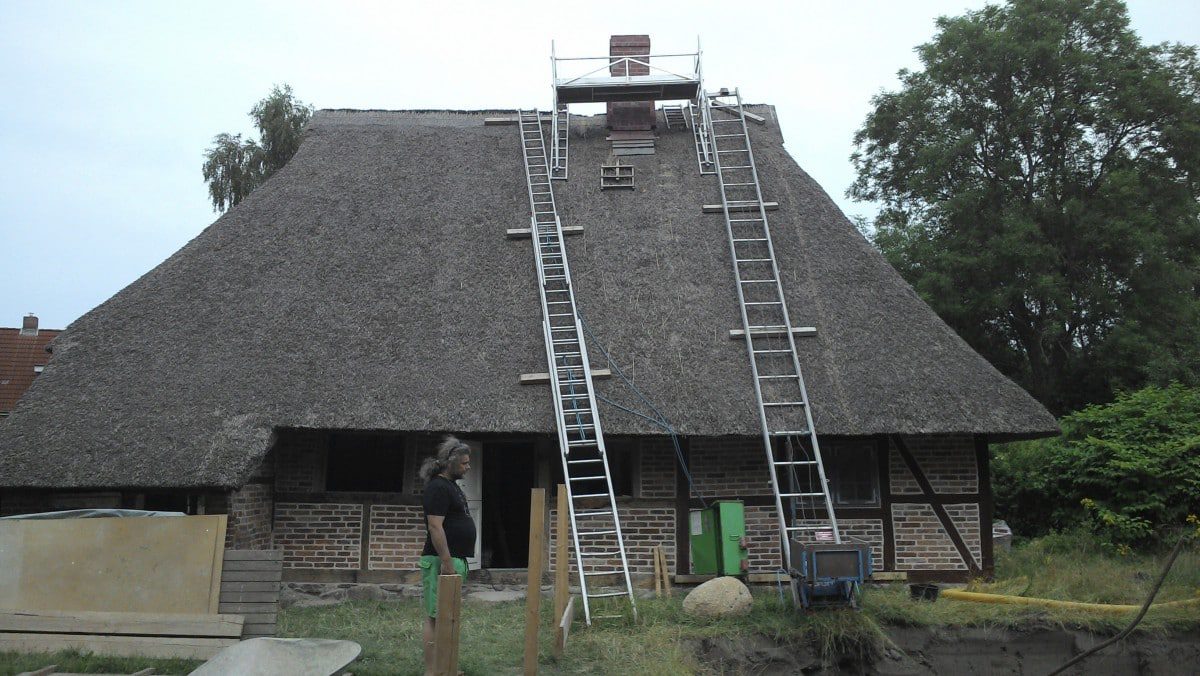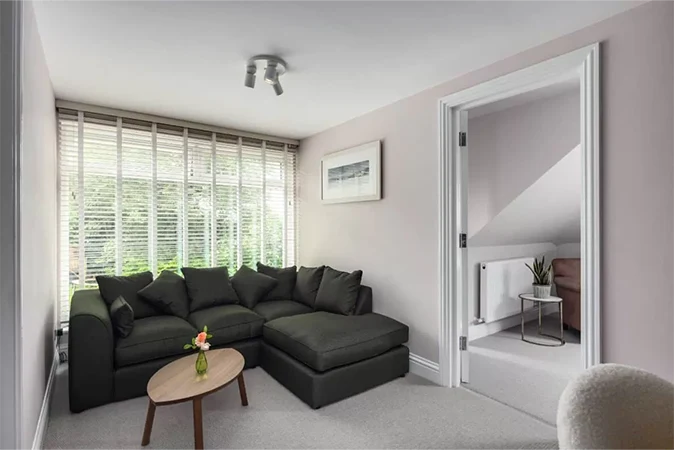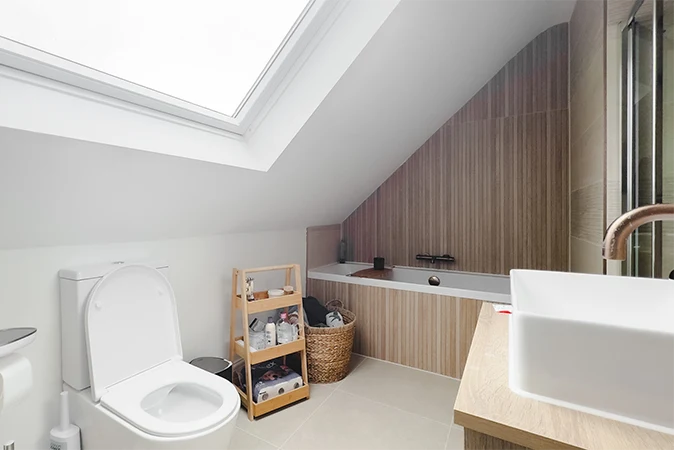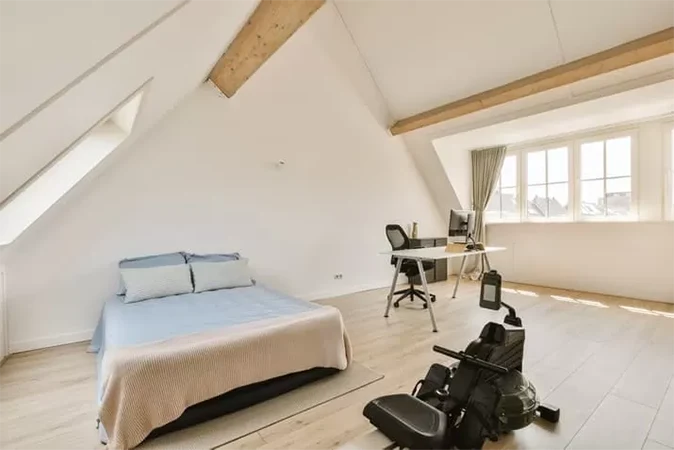It’s not our intention to keep you awake at night worrying about the terrors that follow, but while new houses and extensions can bring many joys, they can also bring many woes!
We can’t stress enough how important it is to do your due diligence on prospective new properties.
One way to ensure that you’re not vulnerable to horrible surprises or crippling costs is to consult a reputable company for advice, after all, you want to add value to your home, not wreck it!
Being guided and assisted throughout the entire process of converting your home should form part of the minimum level of service expected from your chosen company, as it does with us.
You could find yourself in seriously hot water if you don’t carry out appropriate checks to ensure that conversions have been carried out legally upon moving into a newly converted home.
The same applies to a home that you already own; obtaining approval from local authorities through building regulations and planning permissions might seem like irritating obstacles to overcome, but they’re predominantly safety measures put in place to protect inhabitants, neighbours and the structural soundness of buildings.
Where these are ignored, the consequences can be devastatingly expensive to remedy, they can result in criminal prosecution or, in the case of botched cowboy work, far, far worse!
This article explores a couple of the horror stories we’ve come across in our many years in the trade.
We’ve offered some tips on how to make sure you don’t end up on the wrong side of the law with your conversion.

Under the Radar, ‘On the Cheap’
The first case we’re going to explore involves a landlord who wanted to save some money, cut some corners and slide under the radar of the local authorities.
In order to save time and be sure that he was able to convert and extend his property without any disruption from the council, the landlord decided that he would carry out the loft conversion himself.
In addition to that he didn’t satisfy the mandatory building regulations or apply for planning permission.
Not only did the landlord cut corners on regulation, but he also cut corners on the building and the materials resulting in a rushed and botched job.
Thankfully, as is often the case with such conversions, through no record of the appropriate planning permissions, the local council found out it!
Unsurprisingly, the building work was deemed to be an illegal conversion.
The council refused to provide the landlord with retrospective planning consent, which can sometimes be granted, and he was forced to put it back to its original state, all at his own cost!
This meant that he incurred the cost of converting it himself in the first place and then cost of reverting it back!
A very expensive waste of time.
Not only is that not sensible from a financial perspective, to say the least, but also from a safety perspective.
The landlord could may face prosecution.
A further consequence of these types of incidences, one which often goes unrealised, is that it makes properties unmortgageable where an unauthorised conversion has taken place.
So even if the landlord was lucky enough to have been granted retrospective planning permission, there would still be lasting negative consequences for his property.

Breaching the Terms of Planning Permission
Over in Gloucestershire, a German couple recently found out that the UK planning and regulation system can be devastatingly punitive.
Having purchased a newly extended thatched house near Chipping Campden, all seemed to be well and in order.
The couple had diligently instructed a lawyer to conduct all the usual searches resulting in confirmation that all was as it should be…
Three months later Cotswold District Council wrote to the couple and informed them that while planning permission hadbeen granted for an extension to the property, the permission explicitly stipulated extending from 1991 sq.ft to 3121 sq.ft.
Their new property actually measured 4843 sq.ft and was deemed too large for the site on which it stood!
The couple now face the prospect of having to bulldoze a third of their new home.

How to Protect Yourself
So how doyou protect against the possibility that your home has been altered or even built illegally?
Here’s a few tips we’ve shared that will go a long way to keeping you safe from the perils similar to those above.
Your first port of call before you exchange contracts should be to request from the relevant local authority a ‘certificate of lawful use’.
The second layer of protection that you can employ is to put an indemnity clause in to the sales contract which states that where it is found that there is a problem, it is the sellerof the property, rather than you, who is financially obliged to put the situation right.
Number three: NEVER start renovation work without plans! We’ve seen more cases than we want to where homeowners have taken out a load-bearing wall with disastrous consequences – don’t let that be you!
We’re Here For You
For expert advice from qualified and approved professionals, you, your family and your home could not be in safer hands than with LMB Group.
We’re happy to have an open chat about the ways we can help, explain the options available to you, and we’ll even provide a free survey with a written quotation for you.
On top of our extensive industry experience and knowledge, we are proud to offer a full deposit protection guarantee and a 10-year insurance backed guarantee for complete peace of mind.
Take a look at our portfolio of some more recent projects.
Don’t let your home fall into the wrong hands, seek the rightadvice.
















